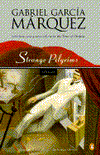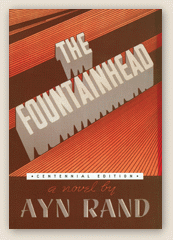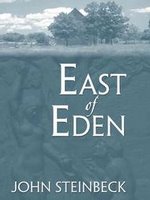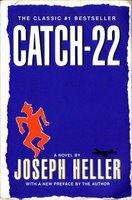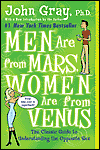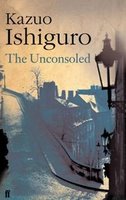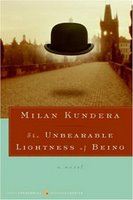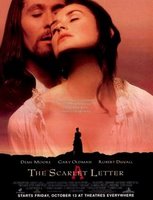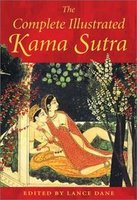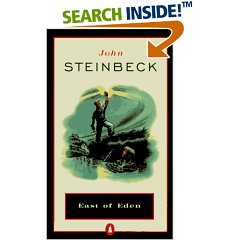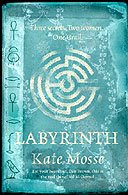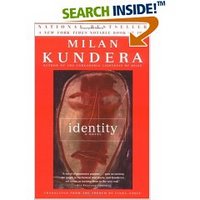
I was kind of thrilled just looking at the title. That’s because I do have had somewhat similar experiences. I have never analysed my weird experiences. They just happen just like that with out any warning. Shall I say those are warning enough for what’s going to happen? How does one explain the unexplainable?
As Anjan puts it, most or very much real, supernatural, and unnatural or “Just Beyond…" After I started it, I couldn’t put it down. It held my attention till the end. I could relate to some, identify with a few and did not understand the rest.I can believe it when Anjan mentions that these are based on true episodes. There are certain things which do happen are beyond the realms understanding but are true nevertheless.
Let me take the stories one by one.
Seaside Story: Makes us believe in fairy tales. My grandfather, and now my maternal uncle do possess one such depressed shell with a legend behind it.
Homecoming: Life comes full circle, even after death. Power of destruction persists even after several lifetimes.
The Beach of Bodies: Murugan too has his revenge. How? Read the story!
Blooming Buds: Those blooming roses set her free. Free to do what she desires. The roses do not fade just like her feelings. So finally she can……
Maxine from Melmore: Now this story made me uneasy because something like this happened to me some time back. Why? How? I will never find the answers.
The Hand that Rocked the Cradle: this is one of the best stories in this collection. Now who rocked the cradle is debatable. Leaves it open for the readers to speculate….
Clean: Scared the hell out of me! Diabolical!
Pine Tree: A great love story which sustains beyond life!
In Search of the Lost Chord: Did he get it? Why? How?
Bird in Fight: Narration is very good but ending is expected. I salute the eagle!
The Coffee-Maker: A machine behaving erratically only for certain individuals. Kind of let down. But I loved the ending. Very fitting.
Monday Miracle: It has happened to me, though not to this extent. That’s all I can say.
The Influential Confluence: First, loved the title! And Mahesh’s faith and belief is what makes this one stand out.
Animal Instinct: Simply loved this! Maybe the unusual friendship between the boy and the tiger is so endearing! It somehow seems so plausible. How we all love Mowgli!
A Helping Hand: Ready with his help. How? That’s to be read.
The medicine Man: Same as above but is a different story told in entirely different way, in an entirely different situation.
The Voice of the River: Fitting poem for this book, as Anjan himself says.
The Tishomingo Tapestry: Great story in the tapestry! Suspense is sustained till the end!
Swan Song: Teaches us to trust in love or else……
That’s about it all. I have tried not to let out the endings in any story. I do not want to spoil it for any reader. Anjan Ray spins it very well. His narration is too good. You can almost see, feel and smell the places he has described. Be it India or any other place, one feels as if he/she is there where it unfolds. All in all a good read.
So folks, what’s stopping you? Who know “Just Beyond…” might you be there, just beyond...?
(c)gautami.tripathy
Just Beyond: Short Stories
by Anjan Ray. Stellar Om Books International. Pages 251. Rs 195






